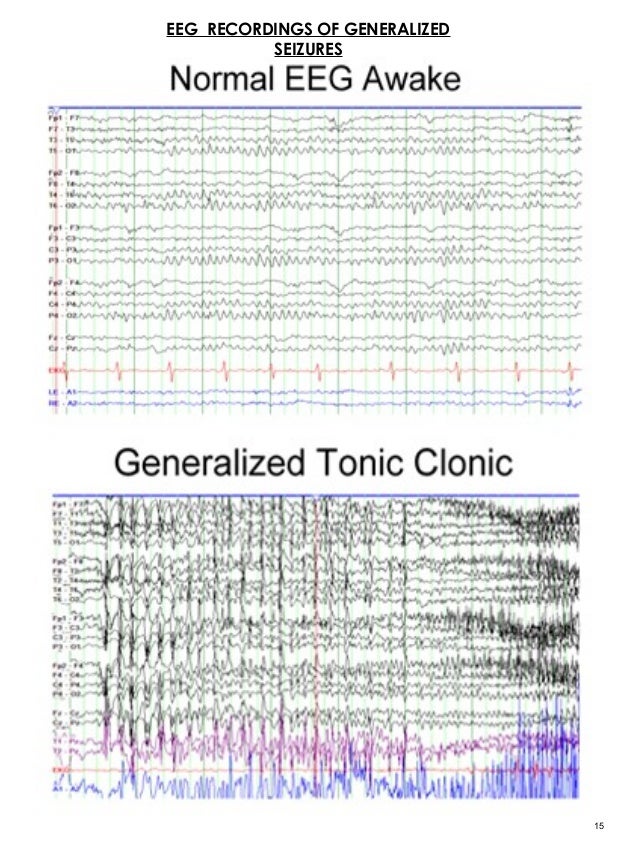

Certain disorders of the central nervous systemĪn abnormal EEG doesn't automatically mean that you, for example, have epilepsy.Hormonal conditions that affect brain tissue.Metabolic conditions that affect brain tissue.Other conditions that may be diagnosed with the aid of an EEG include: Suspected epilepsy is the most common reason for an EEG. Normal brain waves occur at a rate of up to 30 per second, but in someone with epilepsy, for example, the EEG may show bursts of abnormal discharges in the form of spikes and sharp wave patterns. EEG can help diagnose a number of conditions, including epilepsy, sleep disorders and brain tumours.

This procedure is completely painless and can be performed without shaving any of your hair. The electroencephalogram (EEG) is a medical test used to measure the electrical activity of the brain, via electrodes applied to your scalp.


 0 kommentar(er)
0 kommentar(er)
